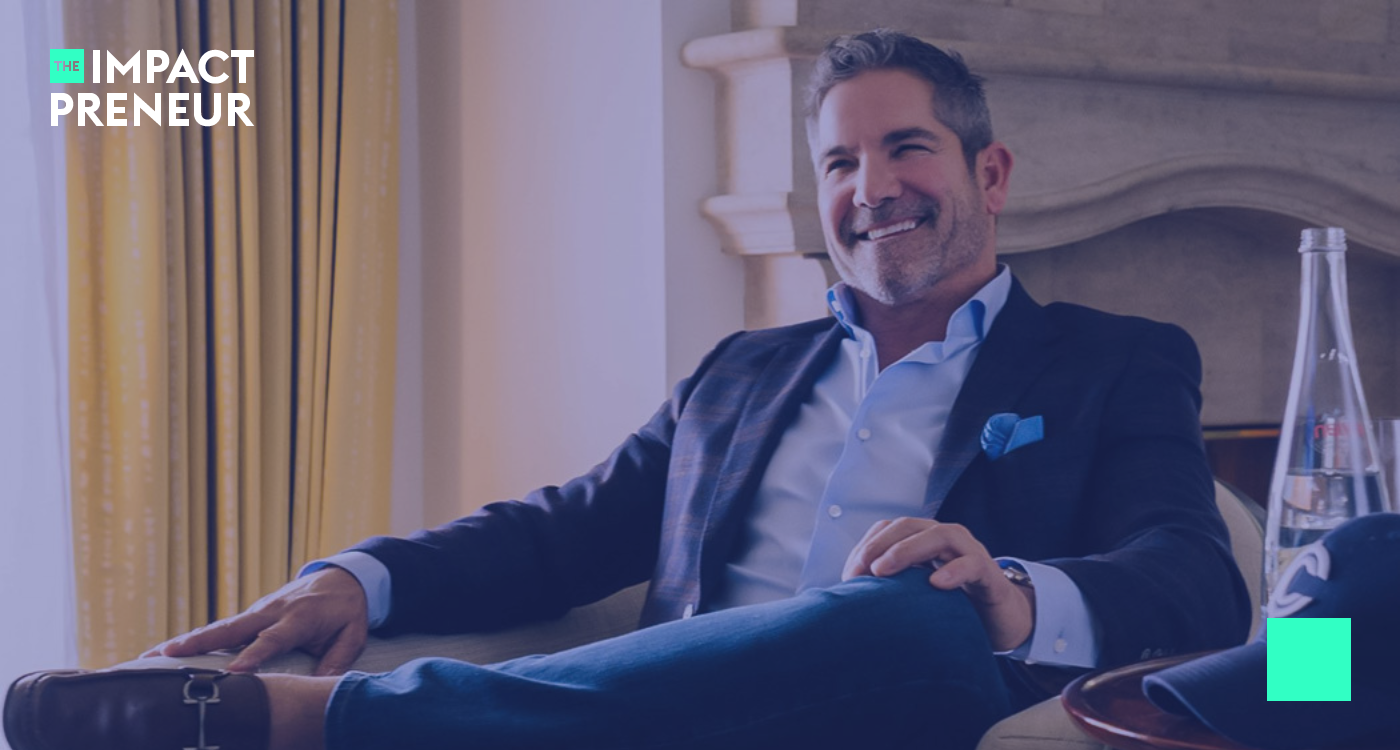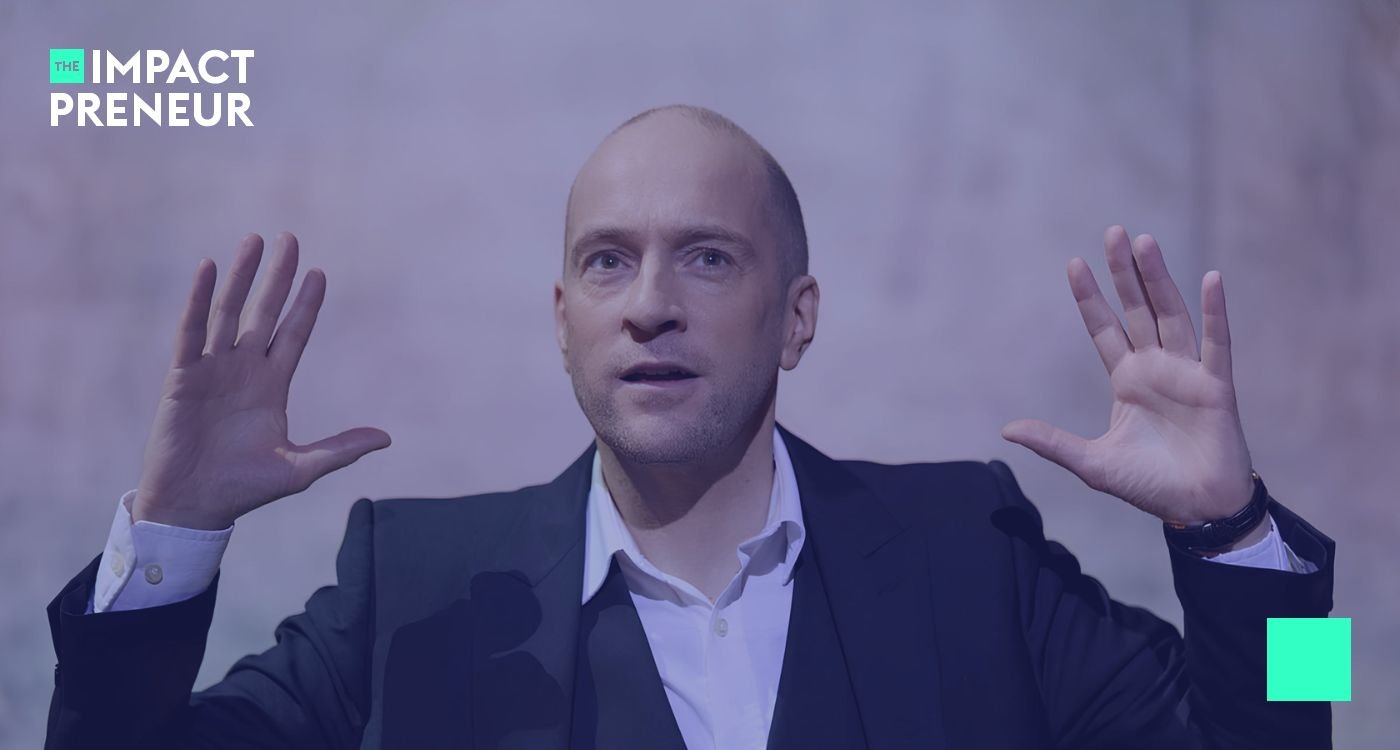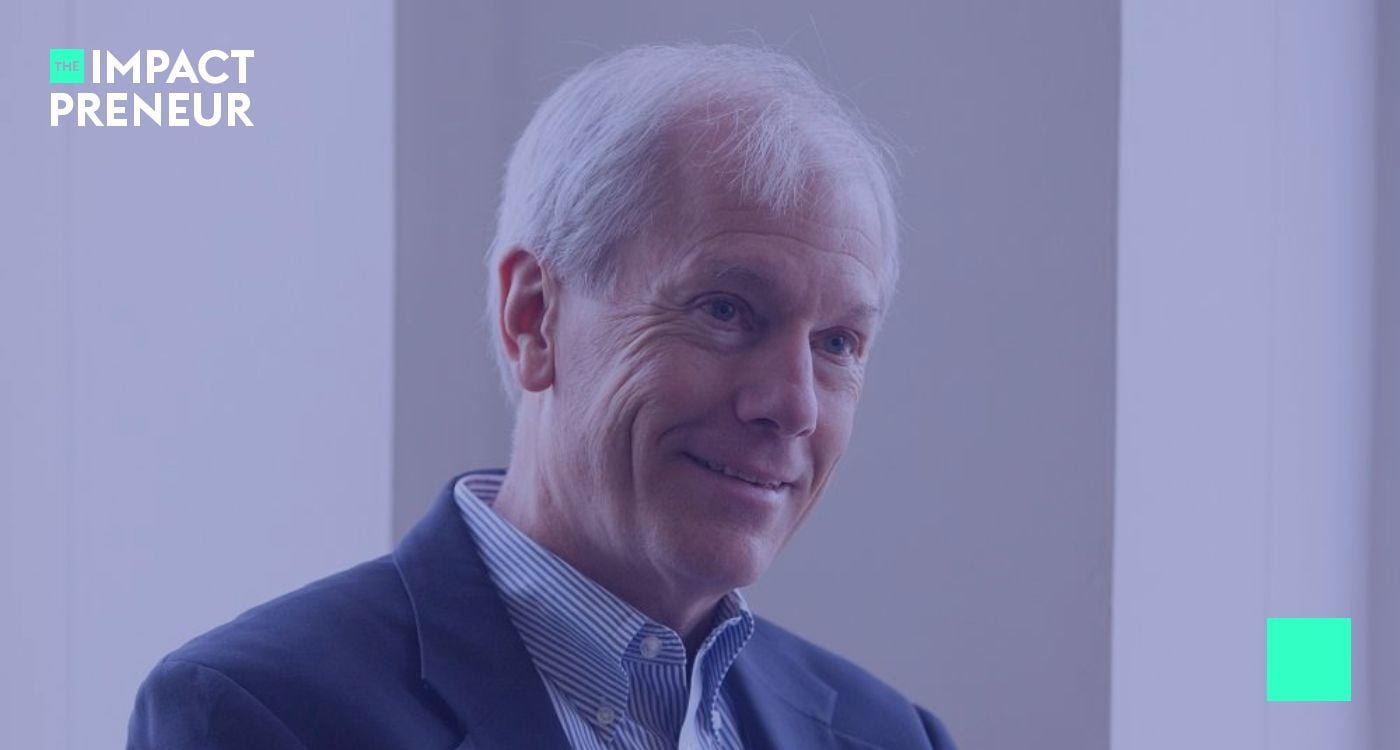Photo: Grant Cardone | Source: Grant Cardone - Website
Ever feel like you're doing everything right with your money but still not getting ahead? You're not alone. Many of us follow conventional financial advice, only to find ourselves stuck in the same place. But what if the advice we've been given is all wrong? Let’s dive into the biggest money myths and explore how you can turn $1,000 into $100 million, featuring insights from Grant Cardone, a self-made millionaire and author.
Quick Bites:
- Challenge Conventional Wisdom: Everything you know about money might be wrong.
- Invest in Yourself: Your personal growth offers the highest returns.
- Utilize Debt Wisely: Smart debt can leverage greater opportunities.
- Understand Financial Systems: Study successful entities, not just individuals.
- Reinvest for Growth: Consistently reinvest earnings into appreciating assets.
The Fear of Money: Why It’s Holding You Back
Why is money so terrifying for many people? Imagine standing on a cliff's edge, looking down at the vast, unexplored financial landscape below. Scary, right? Grant Cardone shares that this fear stems from misinformation perpetuated by banks and institutions. From childhood, we’re bombarded with messages like "money doesn’t grow on trees" or "save your money, it’ll save you." These maxims, while well-intentioned, often create a mindset of scarcity and fear.
Cardone recounts how his upbringing was filled with frugality and fear of financial loss. His family’s obsession with counting every penny left a lasting impression on him. Even after achieving significant wealth, he still found himself obsessing over costs. This behavior is not unique; many of us harbor deep-seated anxieties about money due to the misinformation we've been fed.
"Growing up, I was always scared of money. Even now, I ask about the cost of everything. My wife, Elena, often tells me to relax because we have enough, but I can't shake the need to know. It’s ingrained from my childhood where knowing the cost of everything was essential," Cardone explains.
Money, in its essence, is a tool—a means to achieve goals and create opportunities. But when it's surrounded by fear and misconceptions, it becomes a barrier. Cardone argues that the financial system is designed to keep people in this state of fear. By understanding the root of this fear and confronting it, you can begin to change your relationship with money.
The first step in overcoming this fear is to acknowledge it. Realize that much of what you know about money might be based on outdated or incorrect information. Once you start questioning these beliefs, you can begin to adopt a healthier, more productive approach to your finances.
The Myths of Saving and Hoarding
“You can’t save your way to wealth,” Cardone emphasizes.
While saving is important, hoarding money can be detrimental. There’s a widespread misconception that keeping money safe in a bank will somehow protect and grow it. However, money sitting in the bank is actually losing value, especially in times of inflation.
"I had an uncle who buried everything he ever made in the backyard. Another uncle bought real estate but never sold anything. They were both extremely frugal, reflecting a deep fear of losing money," Cardone shares.
These personal stories highlight the pervasive mindset of fear and scarcity that many people struggle with. Both were operating under the assumption that money is a scarce resource that must be tightly controlled. This mindset, according to Cardone, is outdated and counterproductive.
Hoarding money creates a false sense of security. The reality is, with inflation, the value of money decreases over time. What might seem like a safe nest egg today could be worth significantly less in the future. Instead of letting money sit idly, it's crucial to put it to work through investments that can outpace inflation and generate returns.
The key is to shift from a scarcity mindset to one of abundance. Understand that money is a tool for creating opportunities and growth. By investing wisely, you can ensure that your money works for you, rather than against you. This approach not only preserves your wealth but also enhances it over time.
Investing: The Key to Financial Growth
What’s the alternative to saving and hoarding? Investing. But not just any investing - smart, informed investing. Cardone explains that the real power of money lies in its ability to generate more money. This is something he learned by studying successful companies and wealthy individuals. Companies like Apple and Google don't just keep cash reserves; they strategically invest and even take on debt to maximize their financial growth.
Consider this: Apple might have billions in cash reserves, yet they still take on debt. Why? Because debt can be leveraged for greater financial returns. They invest borrowed money at low interest rates, using it to generate higher returns, which is also tax-deductible. This strategy allows them to keep their cash while expanding their business.
Investing is about making informed choices and taking calculated risks. It’s not about throwing money at the latest trend but understanding the underlying value and potential of your investments. Cardone stresses the importance of studying successful entities and learning from their strategies. This approach can provide valuable insights and help you make better financial decisions.
Moreover, investing isn’t limited to stocks or real estate. It’s about finding opportunities that align with your goals and risk tolerance. Whether it’s starting a business, investing in education, or buying property, the key is to make your money work for you. The more you invest, the more you can benefit from compound growth and increased financial security.
The Power of Personal Investment
One of the most valuable lessons from Cardone is the importance of investing in yourself. This means that the skills, knowledge, and experiences you accumulate will provide infinite returns. He encourages using debt to finance education and personal development, viewing it as an investment that will yield exponential returns over time.
Cardone himself spent years and significant money on self-improvement, which eventually allowed him to achieve incredible financial success. He vividly recalls the fear and uncertainty he faced when investing in himself, but the returns were beyond measure.
Cardone advises, “If you have to borrow $1,000 to attend a course that has the potential to make you great, do it.”
Investing in yourself is about more than just education. It’s about continually seeking opportunities to grow and improve. This could mean attending seminars, taking courses, or even reading books that expand your knowledge and skills. The returns on these investments can be life-changing, opening doors to new opportunities and greater financial success.
Moreover, personal investment builds confidence. The more you invest in yourself, the more capable you become of tackling challenges and seizing opportunities. This confidence can translate into higher earnings, better career prospects, and ultimately, greater financial freedom. It’s a cycle of growth that starts with believing in your potential and taking actionable steps to realize it.
The Misconceptions About Debt
Debt is often viewed negatively, but when used wisely, it can be a powerful tool for financial growth. Cardone highlights how banks loan out money nine times over, using deposits to create loans. This system benefits the banks immensely, but individuals can also take advantage of it by using debt to invest in appreciating assets.
For instance, real estate is a prime example of how debt can be used effectively. By purchasing properties with borrowed money, you can generate rental income and benefit from property appreciation. This approach not only provides regular cash flow but also creates long-term wealth.
"People often ask, 'Why does someone like Elon Musk, who has billions, still take on debt?' The answer is simple: leverage. By using other people's money at low interest rates, he can invest in ventures with high returns," Cardone explains.
Understanding how to use debt strategically can transform your financial outlook. Instead of fearing debt, learn to leverage it to your advantage. This means using borrowed funds to invest in opportunities that will generate returns greater than the cost of the debt. When done correctly, this can amplify your financial growth and open up new possibilities.
The key is to be informed and strategic. Not all debt is created equal, and it’s important to understand the terms and risks associated with borrowing. By educating yourself and making smart decisions, you can use debt as a tool to accelerate your financial progress rather than hinder it. It’s about transforming debt from a liability into an asset.
What You Can Do:
- Reevaluate Your Beliefs About Money: Challenge the conventional wisdom and be open to new financial strategies.
- Invest in Yourself: Prioritize personal growth and education, even if it requires taking on debt.
- Use Debt Wisely: Leverage low-interest debt to invest in assets that will appreciate and provide cash flow.
- Study Successful Entities: Focus on what successful companies and wealthy individuals do, not just what they say.
- Reinvest Earnings: Consistently reinvest your earnings into appreciating assets to generate continuous growth.
In conclusion, achieving financial freedom requires a shift in mindset. By understanding the myths surrounding money and adopting strategies used by the wealthy, you can unlock your potential and build lasting wealth. Remember, the key lies in investing in yourself, using debt strategically, and continually reinvesting in appreciating assets. With these principles, turning $1,000 into $100 million is not just a dream, but a real possibility.
Questions on the Topic
Q: Why are so many people afraid of investing their money?
Fear of losing money is a major reason. People are terrified of making financial decisions because they lack proper education about money. From childhood, many are conditioned to fear financial loss. Our parents, schools, and even society often perpetuate myths that money is scarce and should be hoarded rather than invested. This misinformation creates a cycle of fear and hesitation around investments.
Q: How does the banking system multiply the money we deposit?
When you deposit money in a bank, the bank is notified and can lend out nine times the amount you deposited. For example, if you deposit $1 million, the bank can loan out $9 million. This system allows banks to create money through loans, contributing to economic growth but also highlighting the importance of understanding how money works.
Q: How does misinformation about money perpetuate poverty?
Financial misinformation, often spread by institutions and outdated societal norms, leads people to make poor financial decisions. Beliefs such as "money is scarce" or "saving is safer than investing" prevent individuals from exploring opportunities for wealth creation. This misinformation keeps people stuck in a cycle of fear and financial stagnation.
Q: How can someone with limited funds start building wealth?
Start by continuously investing in yourself until you can increase your income. Use additional income to further invest in personal development and business opportunities. As your earnings grow, begin investing in real estate or other cash-flowing assets. The goal is to reinvest profits to generate more income, creating a cycle of growth.




